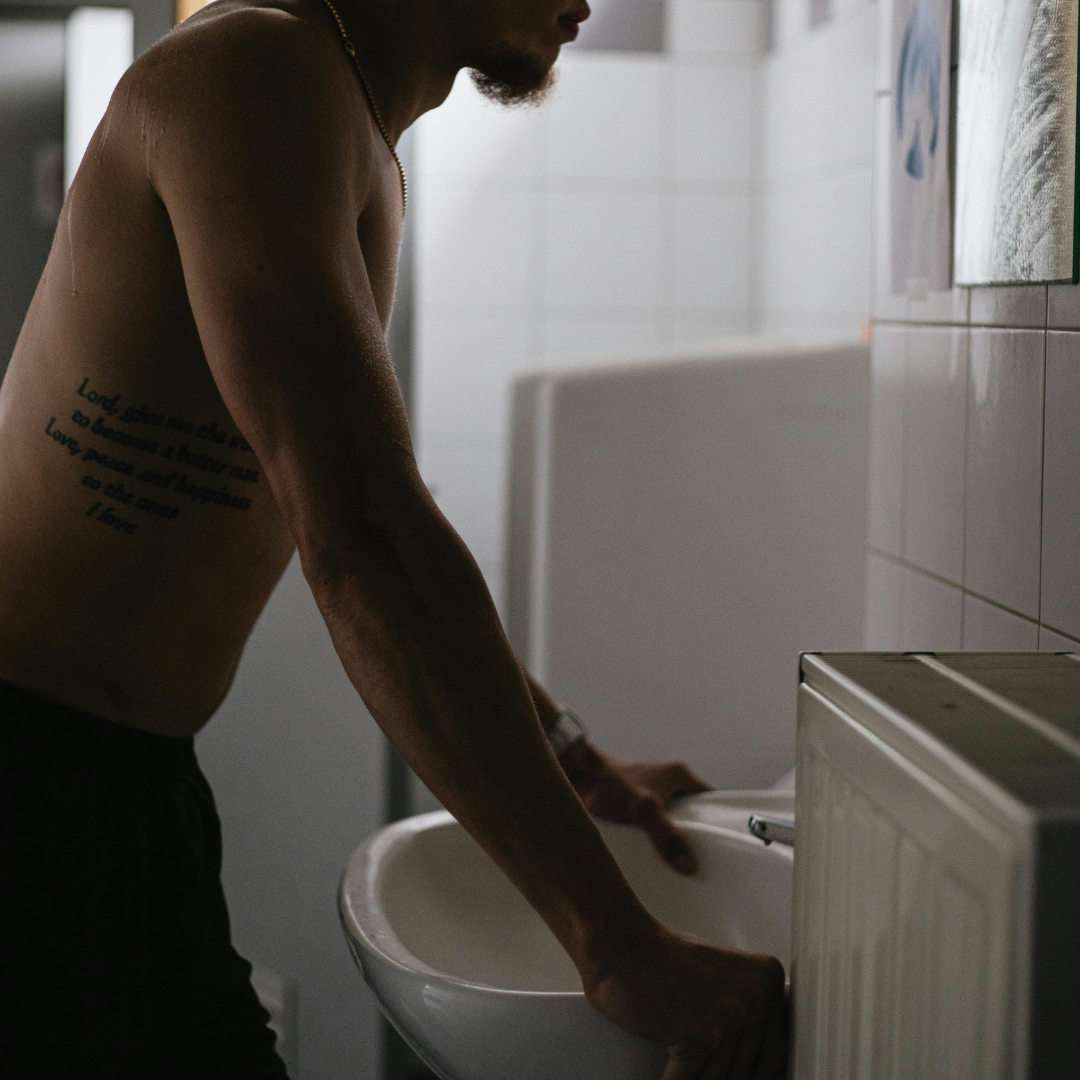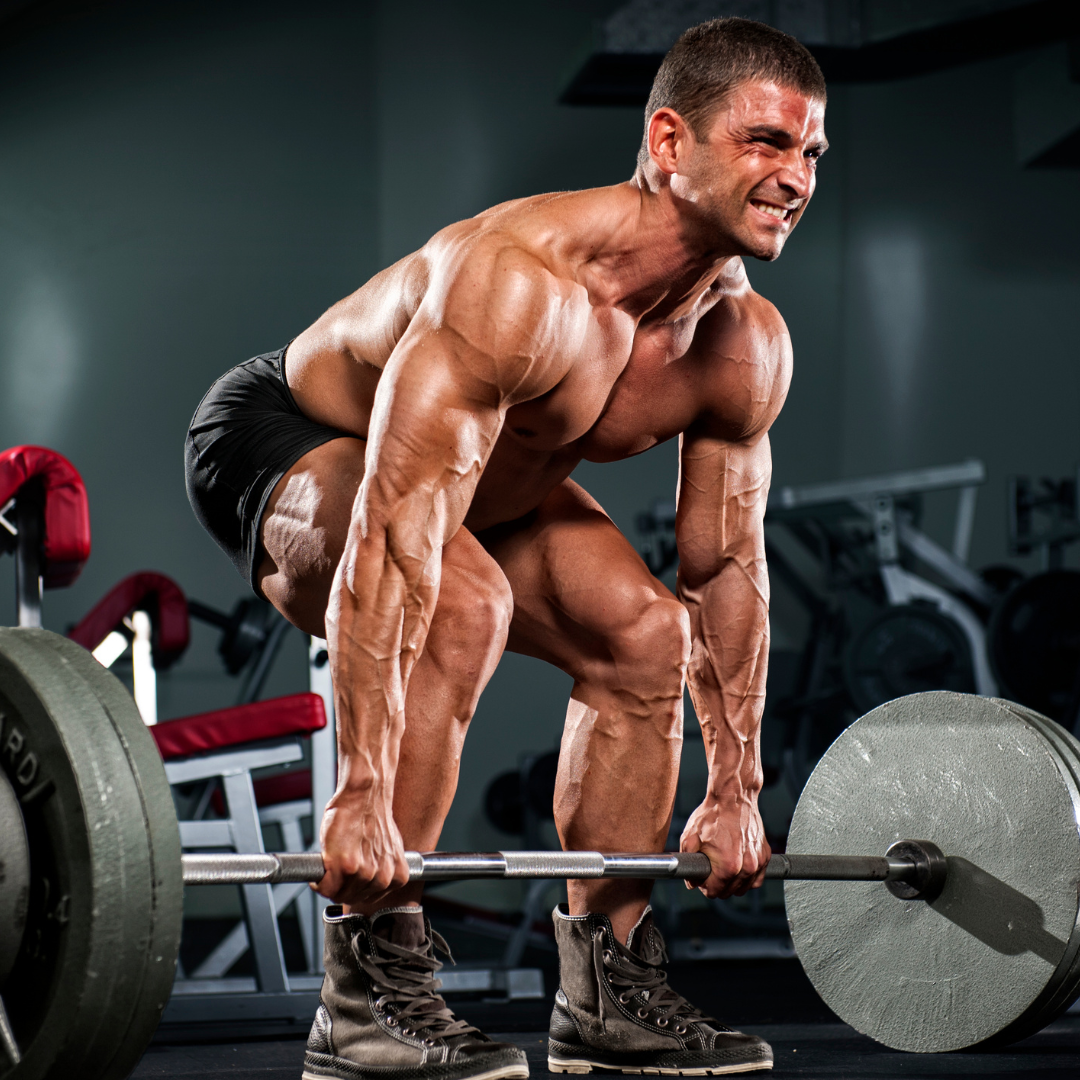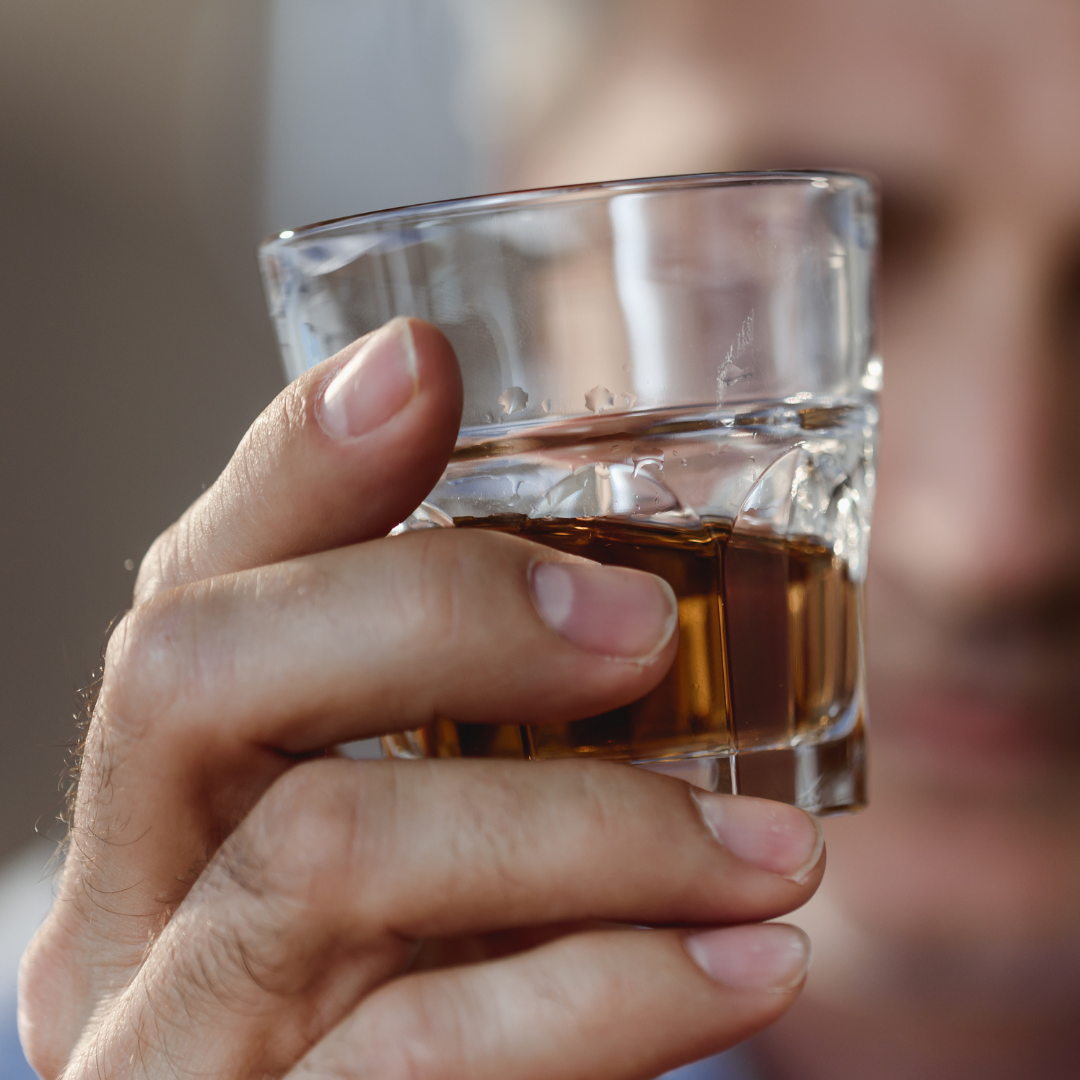You hit the gym hard all week—then celebrate with a few drinks on the weekend. No big deal, right?
The truth: alcohol affects far more than your liver or hangover tolerance. It directly impacts your hormones, particularly testosterone, the very hormone that drives muscle growth, energy, mood, and sex drive.
But not all drinking is equal. The effects depend on how much, how often, and when you drink. Occasional moderation? Usually fine. Chronic or heavy drinking? A direct hit to your hormonal system.
Let’s unpack what science says about alcohol, testosterone, and how to balance enjoyment with long-term health.
⸻
1. How Alcohol Affects Testosterone Production
Testosterone is primarily produced in the testes under signals from the hypothalamic-pituitary-gonadal (HPG) axis. Alcohol disrupts this axis at multiple levels.
The cascade:
1. Brain: Alcohol suppresses GnRH (gonadotropin-releasing hormone), which signals the pituitary to release LH (luteinizing hormone).
2. Pituitary: Lower LH = less stimulation for testosterone production.
3. Testes: Alcohol interferes with Leydig cells—the cells responsible for testosterone synthesis.
The result? Lower total and free testosterone—especially with frequent drinking.
Research:
A study in Alcoholism: Clinical and Experimental Research found that men who consumed five or more drinks daily for three weeks experienced a 23% drop in serum testosterone. Even a single night of heavy drinking can cause a temporary decline.
⸻
2. Acute vs. Chronic Effects
Drinking Pattern Testosterone Impact Explanation
Single Heavy Night (5–10 drinks) 10–25% temporary drop for 24–48 hours Alcohol spikes cortisol and inhibits LH
Chronic Heavy Use (daily / binge drinking) 20–40% sustained suppression Damages Leydig cells and liver metabolism
Moderate (≤2 drinks/day) Minimal if recovery and nutrition are optimal Some short-term suppression, rebounds quickly
Your liver metabolizes both ethanol and estrogen—so when it’s overloaded, estrogen levels rise, creating a hormonal imbalance that suppresses T further.
⸻
3. The Role of the Liver: The Hidden Hormone Regulator
Your liver doesn’t just process alcohol—it helps regulate hormones.
When liver function declines due to chronic drinking, estrogen clearance slows, leading to:
• Higher estrogen-to-testosterone ratio
• Fat storage around the chest or abdomen
• Reduced libido and muscle definition
Fun fact: even “beer belly” fat produces aromatase, an enzyme that converts testosterone into estrogen, compounding the issue.
⸻
4. How Alcohol Impacts Muscle Growth and Recovery
Alcohol doesn’t just hit your hormones—it hits your gains.
Here’s how:
• Reduces protein synthesis by 20–30% after intense workouts
• Increases muscle soreness by slowing inflammation resolution
• Dehydrates muscles, reducing nutrient transport and repair
• Disrupts sleep cycles, reducing REM (where testosterone peaks)
Study:
The Journal of Strength and Conditioning Research (2014) found that athletes who consumed alcohol post-training had impaired muscle recovery for up to 72 hours.
⸻
5. Fertility and Sexual Health
Alcohol’s effect on testosterone also extends to fertility and sexual performance.
Chronic drinkers experience:
• Lower sperm count and motility
• Erectile dysfunction due to vascular changes
• Reduced libido and testicular volume
The impact isn’t always permanent—abstinence and liver recovery can restore hormonal balance over time.
⸻
6. Smarter Drinking: How to Minimize the Damage
You don’t have to quit drinking forever—but smart choices matter.
Follow the 2–3 Drink Rule
Stay within 1–2 drinks occasionally; 3+ regularly starts to impact hormones.
Choose Low-Sugar Drinks
Go for:
• Dry wines, tequila, vodka with soda or lime
Avoid:
• Sugary mixers, beer, or cocktails high in carbs (they spike insulin and estrogen).
Hydrate Aggressively
Drink 1:1 ratio (one glass of water per alcoholic beverage).
Hydration helps your liver metabolize alcohol more efficiently.
Refuel with Protein
Eat a high-protein meal before or after drinking—this reduces muscle catabolism and stabilizes blood sugar.
Prioritize Recovery Sleep
A night out means your next day should emphasize rest and recovery. Alcohol disrupts REM, so sleep debt compounds fast.
⸻
7. The Bounce-Back: Can Testosterone Recover After Drinking?
✅ Yes. Testosterone typically rebounds within 24–72 hours after light-to-moderate drinking.
🚫 No, not easily. Chronic heavy drinking causes longer-term suppression that can take weeks to months to normalize.
Factors that accelerate recovery:
• 7–9 hours of sleep
• Resistance training
• High-protein diet
• Vitamin D, zinc, and magnesium intake
• Abstaining from alcohol for 2+ weeks
⸻
8. Key Takeaways
• Alcohol directly suppresses testosterone by disrupting brain signaling and testicular function.
• Chronic drinking lowers T long-term and increases estrogen.
• Even moderate drinking can temporarily reduce T levels for 24–48 hours.
• Muscle recovery, fertility, and sleep all suffer from excess alcohol.
• Smart drinking habits, hydration, and good recovery can minimize impact.
⸻
References
• Suter PM et al., Alcoholism: Clinical and Experimental Research, 2017.
• Vingren JL et al., J Strength Cond Res, 2014.
• NIH: Alcohol’s Impact on Hormone Regulation, 2020.
• Mayo Clinic: Low Testosterone and Lifestyle Factors, 2023.
• PubMed: https://pubmed.ncbi.nlm.nih.gov
Read more

Learn how chronic stress lowers testosterone, slows muscle growth, and increases fat storage. Discover how to manage cortisol and rebuild hormonal balance naturally.

Does resting longer between sets lead to more muscle growth? Explore the science comparing short vs. long rest intervals and how to optimize recovery for strength and hypertrophy.

